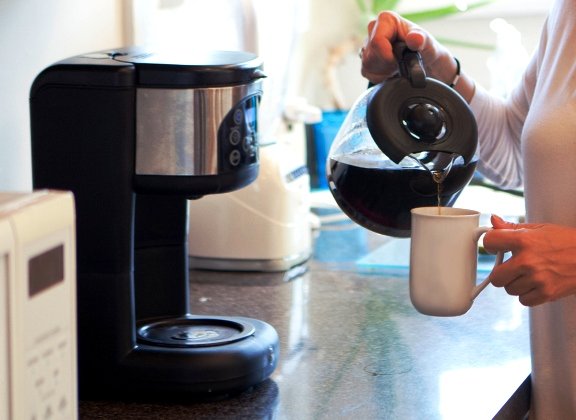Inside BENEO’s new pulse plant: pioneering sustainable protein from faba beans
Caffeinated energy and soft drinks makers in the European Union will not be allowed to claim the drinks boost alertness or concentration after the European Parliament blocked European Commission proposals to regulate but allow these claims.
Displaying these claims on drinks cans would have led to higher sugar consumption among adolescents, who are the largest group of energy drink consumers, said MEPs in their resolution.
“From statistics we know that many young people and even children are drinking a lot of these energy drinks”, said lead MEP Christel Schaldemose (S&D, DK). “So it’s not just the caffeine, it’s also that energy drinks contain a lot of sugar too. And we don’t think that these sorts of drinks should have any kind of health claims put on them”, she added.
“We’re not going to say that adults should not drink coffee or energy drinks. We just don’t want to [help companies] to earn a lot of money on a health claim that we think is not suited for young kids”, she added. The motion to veto the new claims was approved by a show of hands.
In their resolution, MEPs note that the Commission itself says that claims that caffeine helps to increase alertness and concentration should not be used for foods targeting children and adolescents. They also point out that adolescents are the largest group of energy drink consumers, citing studies showing that 68% of adolescents and 18% of children regularly consume energy drinks.
A 250ml can of energy drink can contain up to 27g of sugar and 80mg of caffeine, say MEPs, noting that energy drinks have been linked to headaches, sleep problems and behavioural problems in children and adolescents who regularly consume them regularly.

